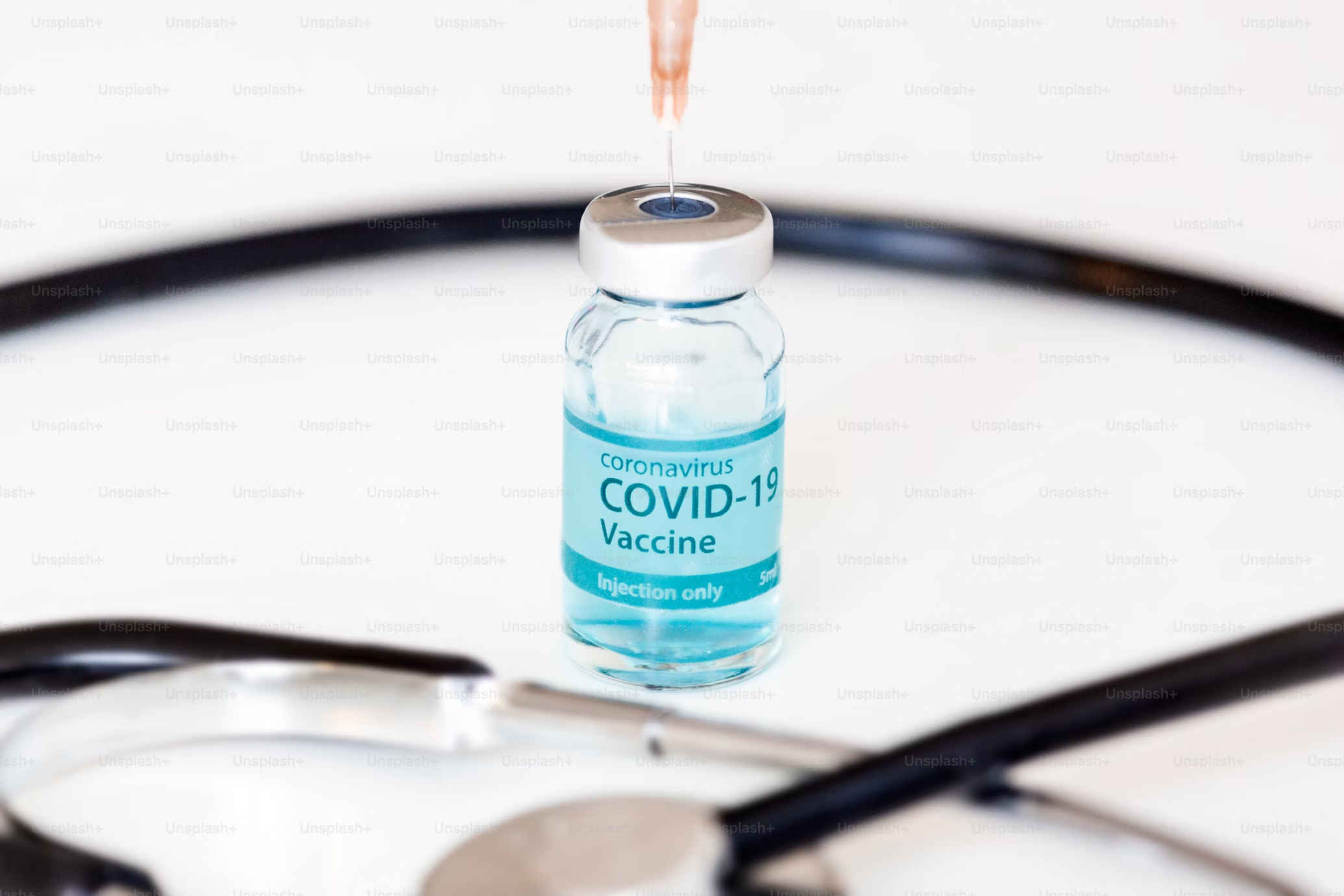A growing body of evidence suggests that COVID-19 mRNA gene therapies, marketed to the public as “vaccines”, not only fail to stop virus transmission but may also increase the risk of infection.
Seven recent studies have highlighted this concerning trend, raising questions about the long-term effectiveness and safety of current vaccination strategies, and the misinformation spread by state health authorities, Big Pharma and legacy media “experts”.
- Ioannou et al. found that vaccinated individuals had a statistically significant higher infection rate than the unvaccinated, with a negative vaccine effectiveness (VE) of -3.26% (95% CI, -6.78% to -0.22%).
- Nakatani et al. reported an 85% increased odds of infection among vaccinated individuals compared to the unvaccinated (OR = 1.85, 95% CI: 1.33–2.57), indicating a clear link between vaccination and higher infection rates.
- Eythorsson et al. observed a 42% higher risk of reinfection among those who received two or more doses compared to those who received one dose or less (95% CI: 1.13–1.78), suggesting that multiple doses may reduce natural immunity.
- Chemaitelly et al. demonstrated that the effectiveness of Pfizer-BioNTech and Moderna vaccines against symptomatic Omicron infections declined dramatically over time. Pfizer’s effectiveness against BA.1 and BA.2 dropped from 46.6% and 51.7% to -17.8% and -12.1% after seven months, while Moderna’s fell from 71.0% and 35.9% to -10.2% and -20.4%. This decline underscores the transient and potentially counterproductive nature of vaccine protection.
- Shrestha et al. (Cleveland Clinic) found that the risk of COVID-19 increased with the number of doses received. Those who received one prior dose had a 107% higher risk (HR = 2.07, 95% CI: 1.70–2.52), while those with three or more doses faced a 253% higher risk (HR = 3.53, 95% CI: 2.97–4.20), suggesting that repeated vaccination may compromise natural defenses.
- Feldstein et al. (CDC) revealed that vaccinated children without prior SARS-CoV-2 infection were significantly more likely to contract the virus and develop symptoms compared to unvaccinated children. The data showed a 159% increased likelihood of infection (HR = 2.59, 95% CI: 1.27–5.28) and a 257% higher chance of symptomatic COVID-19 (HR = 3.57, 95% CI: 1.10–11.63).
- Perez et al. reported that increased mRNA vaccine doses led to a significant rise in IgG4 antibodies (up to 11 times higher), which was linked to a higher risk of infection, approximately 80% greater than in unvaccinated individuals.
These findings challenge the prevailing state and legacy media narrative that vaccines effectively reduce transmission and infection risk.
As evidence continues to accumulate calls are being made for public health policies to be reassessed to align with emerging scientific data.
Image credit: Getty Images

A vaccine is supposed to stop people getting the disease and stop people spreading the disease.
But those covid jabs do the exact opposite – therefore they are anti-vaccines. Can we start calling them anti-vaccines?
The known risk of vaccine associated enhanced disease, aka more likely to get covid if jabbed, was front and centre in the first medsafe approvals. They knew, yet next minute roll out the “safe and effective” messaging and mandates…
Proudly unjabbed and never had the virus.
“Safe and effective” was no more than a rumor spread by word of mouth.
The ones spreading this rumor hadn’t done any research, they simply repeated what they heard.